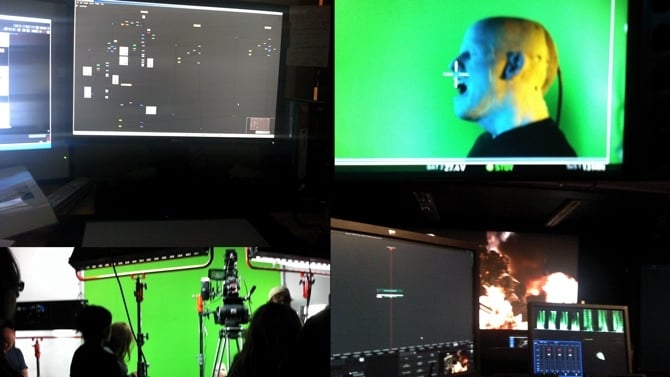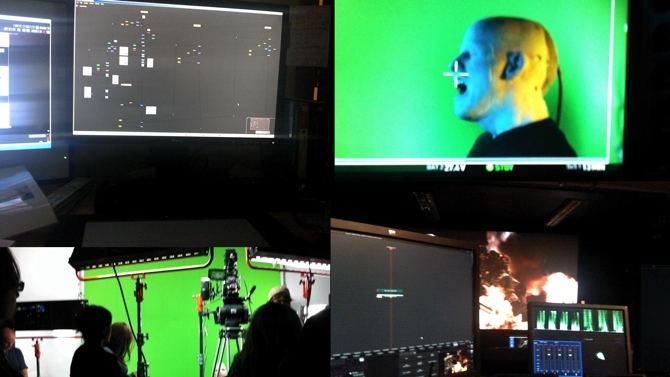
 HaZ
HaZ
With the recent unfortunate news about the demise of Digital Domain Florida, and with VFX studios downsizing around the world, Redshark’s VFX Columnist HaZ Dulull looks at the reasons for this downturn.
Many production facilities are surviving by being a Post house offering VFX deals as part of the post-production package. Facilities like Molinare, Prime Focus and Lipsync have been doing this for a while, which means the smaller “boutique” studios don’t stand a much of a chance with their offerings if clients go elsewhere to get combined Post and VFX packages.
One of the biggest problems is when film studios halt production for re-shoots. Rescheduling the release dates (World War Z, Ronin 47 etc.) affects the VFX studios assigned the project, as it may mean letting retained talent go (along with all the hard work that went into getting the talent in the first place) and there is no guarantee that talent will be available when the delayed show is back on again.
The problem of all-inclusive
Research and development time is now not a separate cost but may have to be included in the shot costs because of the tight studio budget and narrow margins, which makes it a huge risk if a studio hasn’t done a particular style of VFX - such as fluid simulations or complex dynamics - before, and yet they still have to bid for the work.
In my view, “Fixed Bids” need to stop, but the more VFX studios agree with fixed bids, the more the clients will expect it from others. This is why it needs to end now before clients become normalised to it. I remember on one show where I was bidding at a huge facility, I put a clause in saying any additional requests that go outside the agreed and signed off bid will incur additional costs. Sounds solid at the time but as usual when you are in heat of “crunch mode” and the client “really needs that additional shot but there’s no extra money", you end up trying to please the client and maintain that relationship in the hope the studio will get the next project from them if we help them out this time. But of course, when the next project comes along, we are all back to bidding against other studios; and so the process becomes established.
Studio Politics
The other problem is Studio Politics and the arrival of the non-creative or purely technical VFX Supervisor. This is when a VFX Co-ordinator with little experience of the actual art of VFX gets given a VFX Supervisor role because of his or her contact with the production. I’ve see posts on VFX forums from Senior Artists and Leads - or Heads of Departments, where they talk about working with Senior Producers who have no idea what motion control is or even the basic pipeline, and who got into the job merely because they were experienced in project bookings or knew the production company.
Hearing that reminded me that one of the many reasons I moved into VFX production after years of being a VFX artist was because I was sick of seeing hard working talented artists work crazy hours - sometimes 3am and then back in the morning for 9am dailies - all because a VFX Producer committed to making the changes for the client in an unrealistically short time. And we are not talking about simple colour correction tweaks here; these were different shots entirely or changes involving serious work like re-doing tracking. The VFX Producer had no idea what was involved from basic principles and didn’t bother asking the artists who were going to have to work late what they thought about extra work.
There are other reasons for the state the industry currently in, but I just wanted to get a discussion started here with these examples.
Let me know what you think in the Comments section - or write an article and sent it to us at editorial@redsharknews.com
Tags: Post & VFX


Comments